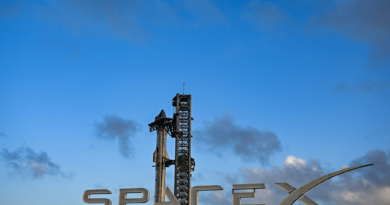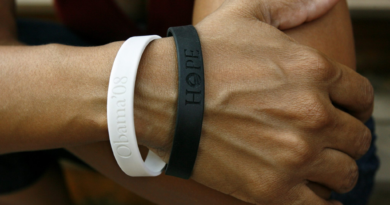It’s a summer of playing hooky: feeling pressured not to take their earned vacation, Americans are finding a loophole
This summer, employees are on the clock even when they’re on vacation and trying to run out the clock when they’re working. The culprit behind this paradox, which leads to stressful beach time and no emails after 3 p.m, is America’s always-on workaholic culture.
So finds The Harris Poll when surveying more than 1,100 employed adults during late April. Many Americans are satisfied with the amount of paid-time off they get but they’re still leaving vacation days on the table. The majority of workers (78%), don’t use all their PTO, taking an average 15 days off per year.
Unable to unwind, employees find their summer vacations blocked by America’s infamous workaholic culture. Respondents’ main hurdles from requesting time off are deeply rooted in societal norms, including the pressure to always be responding to tasks at work, the immense workload itself, and the feeling of guilt about leaving their co-workers. The pressure to be productive and meet deadlines deter many (63%) from taking time off and make others nervous to ask for PTO—especially among younger generations.
While many workers are satisfied with their policy, they’re finding themselves feeling crunched by the culture. Many (86%) report that they’re checking emails when they finally take time off, and some (60%) add that they’re unable to totally detach from work when on vacation.
Meanwhile, summer “on” days look a bit more like vacation. Across generations, people are moving their moss to make it look like they’re online or schedule sending a message to make it look like they’re working, the survey finds. Millennials, especially, are taking back some of the work-life balance they can’t find from PTO by taking unreported time off. Funnily enough though, millennials have taken on the managerial role, so it appears as if your boss might be taking some secret vacations and silently spearheading a new corporate culture.
Americans are trying to catch a break
While Europeans are known for their month-long “holidays” where they layer on real tans with a base of fake tans in Ibiza, Americans long have had troubles in kicking up their feet. It’s baked into history, after all. The nation’s Protestant work ethic and capitalist society have collided into a world that is both anti-worker and centers our identity around work, explains University of Michigan philosopher Elizabeth Anderson in a Vox interview.
A whopping 85% of employees surveyed say that “America has a culture that glorifies being busy.” And 76% of workers add that they wish their employers expressed the value of taking a break and using PTO more.
But Americans have been acting a bit like their European counterparts from across the pond over the last couple of years. The pandemic has poked some holes in America’s hustle culture. There’s nothing like a global plague to stir feelings of existentialism, and make one rethink the way they live their life. Part of what could be creating this summer of paradox is the growing pains of employees and employers thinking about how much they should value work after the pandemic.
“I think the pandemic has clearly reduced workaholism,” Yongseok Shin, an economist at Washington University who co-wrote a paper about how wealthy people are working less than they once did, told The Atlantic in 2023. “And by the way, I think that’s a very positive thing for this country,” he notes.
Alongside the pandemic came remote work, and a new way of thinking of how things get done. That wave of flexibility was soon followed by a productivity paranoia among executives and a pushback to tradition. But some Americans who were able to work from home found that they got the job done without the charade of a 40-hour week. “Nobody will notice if you call it a day a little bit earlier on a Friday,” Shin added in a Brookings Institution conference.
The gap between how employees and executives imagine the future of work has led to some moments of rebellion, as CEOs remain stuck in tradition. “The in-office culture has not shifted, even though our values and the American worker values have shifted,” Libby Rodney, chief strategy officer at The Harris Poll told Fortune’s Sasha Rogelberg. “The experience and the expectations are almost as if the pandemic never happened.”
It’s not all that shocking that millennials are leading the way in trying to break out of the hamster wheel. America’s workaholic culture is a mainstay of its purported American Dream wherein young adults hustle for decades to buy a house, have a family, a car, and then retire. But this story proves increasingly out of reach for younger generations.
Millennials, an especially unlucky generation, have found themselves in an uphill battle when it comes to building wealth or home ownership. It’s only natural then that this cohort is reclaiming its time, pushing back a bit on the hustle culture they were once so well-known for. The working Friday might end at 3:30 for a millennial, and it’s a slight step toward detaching from that beating Protestant heart of the workforce.




